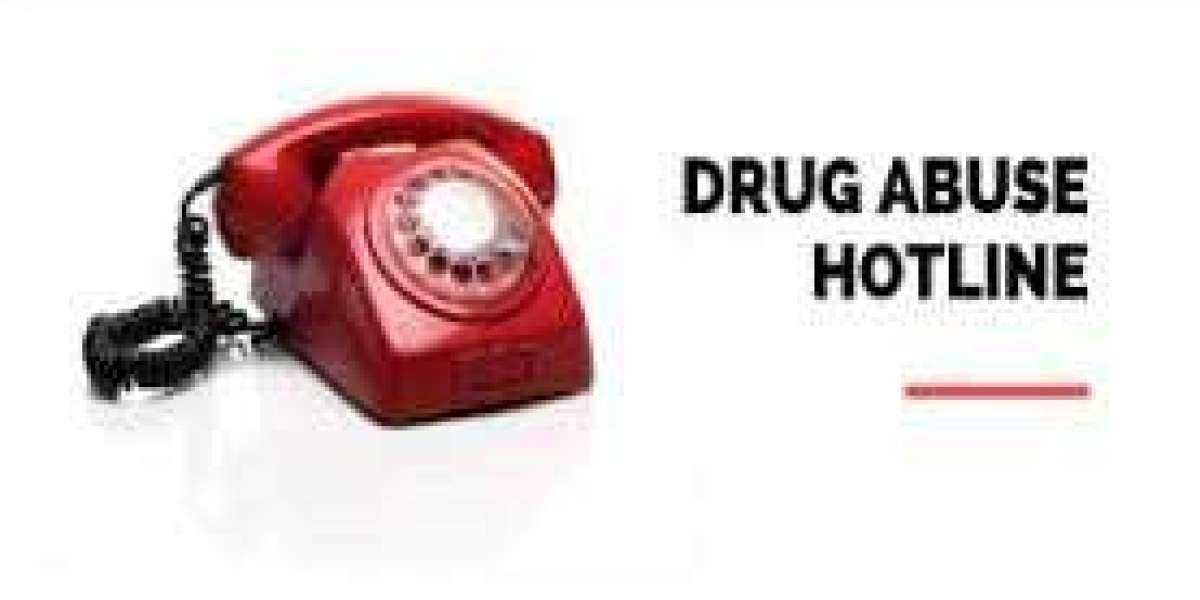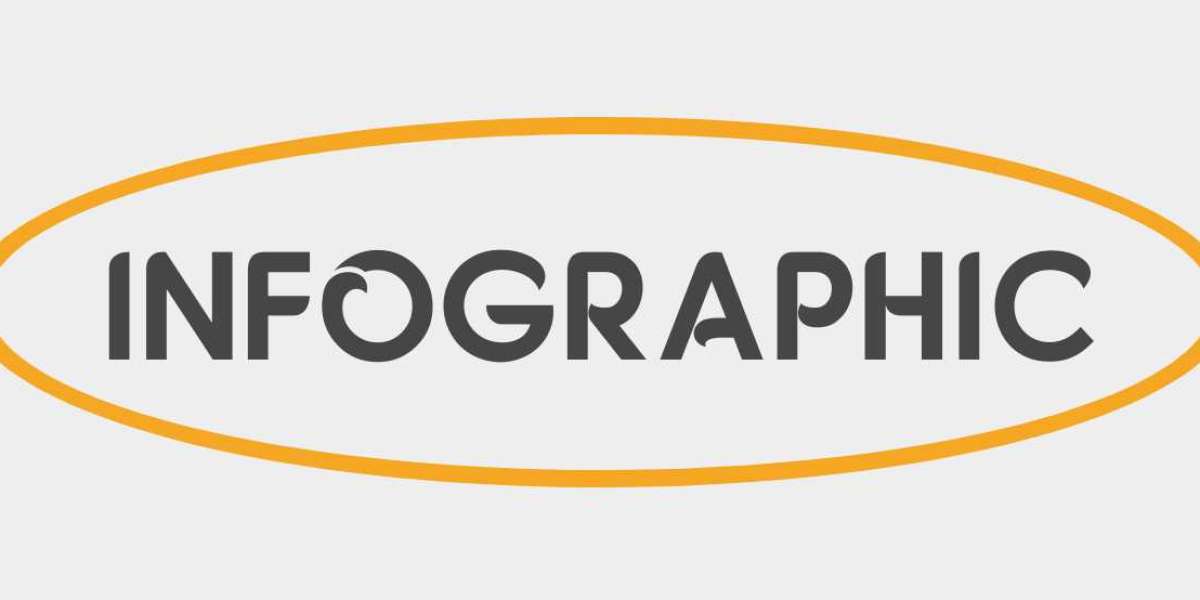In the battle against drug addiction, accessible support and immediate assistance can make a world of difference. Drug addiction hotlines play a crucial role in providing this vital help. They offer a lifeline to those grappling with substance abuse, ensuring that help is just a phone call away.
The Purpose of Drug Addiction Hotlines
Drug addiction hotlines are dedicated phone lines staffed by trained professionals who provide support, information, and resources to individuals struggling with addiction. These hotlines serve multiple purposes:
1. Immediate Support: Individuals in crisis can receive immediate emotional support and guidance.
2. Information and Education**: Callers can learn about addiction, treatment options, and recovery processes.
3. Referral Services: Hotlines can connect individuals to local treatment facilities, support groups, and other resources.
4. Confidentiality: Callers can speak freely without fear of judgment or exposure, as most hotlines ensure privacy and confidentiality.
Who Can Benefit from Drug Addiction Hotlines?
These hotlines are not only for those battling addiction. They also serve:
- Family Members and Friends: Loved ones seeking advice on how to support someone struggling with addiction.
- Healthcare Professionals: Individuals looking for resources and referral information for their patients.
- Educators and Employers: Those needing information to help students or employees facing substance abuse issues.
The Impact of Drug Addiction Hotlines
The impact of drug addiction hotlines can be profound. They often serve as the first point of contact for individuals seeking help, making the difference between continued substance abuse and the first step toward recovery. By providing immediate support and resources, hotlines can help reduce the feelings of isolation and hopelessness that often accompany addiction.
Key Features of Effective Drug Addiction Hotlines
1.24/7 Availability: Addiction doesn’t adhere to a schedule, so the most effective hotlines operate around the clock.
2. Trained Staff: Operators are typically trained in crisis intervention, counseling, and knowledge of addiction and recovery.
3. Multilingual Services: Offering services in multiple languages to cater to a diverse population.
4. Comprehensive Resource Networks: Having a wide range of resources to refer callers to, including detox centers, rehabilitation facilities, and support groups.
How to Use a Drug Addiction Hotline
Using a drug addiction hotline is straightforward:
- Find the Right Hotline: Several national and local hotlines are available. Examples include the Substance Abuse and Mental Health Services Administration (SAMHSA) National Helpline and local state resources.
- Prepare to Share: Be ready to provide information about your situation, though you can remain anonymous if you prefer.
- Ask Questions: Don’t hesitate to ask about treatment options, support groups, and any other concerns you have.4. Follow Through: Act on the advice and referrals provided. Seeking help is the first step in the recovery journey.
Drug addiction hotlines are an indispensable tool in the fight against substance abuse. They provide a beacon of hope, offering immediate support, information, and a pathway to recovery for individuals and their loved ones. As we continue to combat the addiction epidemic, the role of these hotlines in providing timely, compassionate assistance cannot be overstated. If you or someone you know is struggling with addiction, remember that help is just a phone call away.



